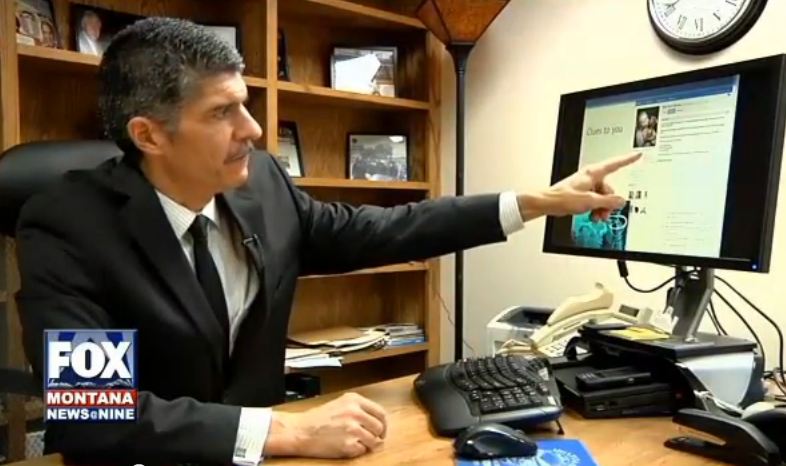
Montana DOJ Attorney General – Open Source Information Presents New Dangers Online
MISSOULA –
Billions of people all over the world willingly post their personal information on social networking sites– without a second thought.
But, experts said unless you turn on privacy settings, those details are available to anyone, including criminals.
Administrator for the Division of Criminal Investigation of the Montana Department of Justice, Bryan Lockerby, said open source information is any unprotected data online.
“I think people would be shocked at how much information is really out there about them,” he said.
Law enforcement agents need search warrants to access private information like cell phone records. But, Lockerby said they can access open source information just like members of the public.
“So, for example, if we are looking for the word “bomb” in Twitter, you can do that through open source.”
And through a website available to the public called “echosec,” Lockerby demonstrated just how easy it is to tap into that sort of unprotected information.
Echosec locates and displays real time feeds from sites like Twitter, Instagram and similar applications within a chosen geographical location.
Lockerby said this information is available because most people fail to disable GPS, Bluetooth, and other sharing settings on their new devices.
He added, “Because lot of that information is enabled by the time that you sign up.”
People also forget, or choose not to switch their settings from public to private within applications.
“There’s 140 opt-out policies on Facebook alone.”
And Lockerby said there are 85 billion fake social networking accounts.
“So, there’s a lot of fraud, there’s a lot of fake identity that occurs.”
Experts who tackle these kinds of crimes say the problem, is keeping up with all the new applications like Snapchat, or Kik, which store open source information.
But, Gary Seder, a Criminal Investigator with DCI, said his advice is to turn on privacy settings and use common sense.
“Absolutely the biggest thing is just don’t talk to people online that you don’t know,” Seder said.
Seder said over the past five years, younger generations have become more of a target for perpetrators using social media sites and applications.
“The kids are being raised around it, they know it, so, I guess just accept it as parents, and get to know the kids, see what they’re doing, what they’re using,” he said.
Seder said he and other officials at DCI do demonstrations on social media, sexting and cyber bullying in schools all over Montana.
